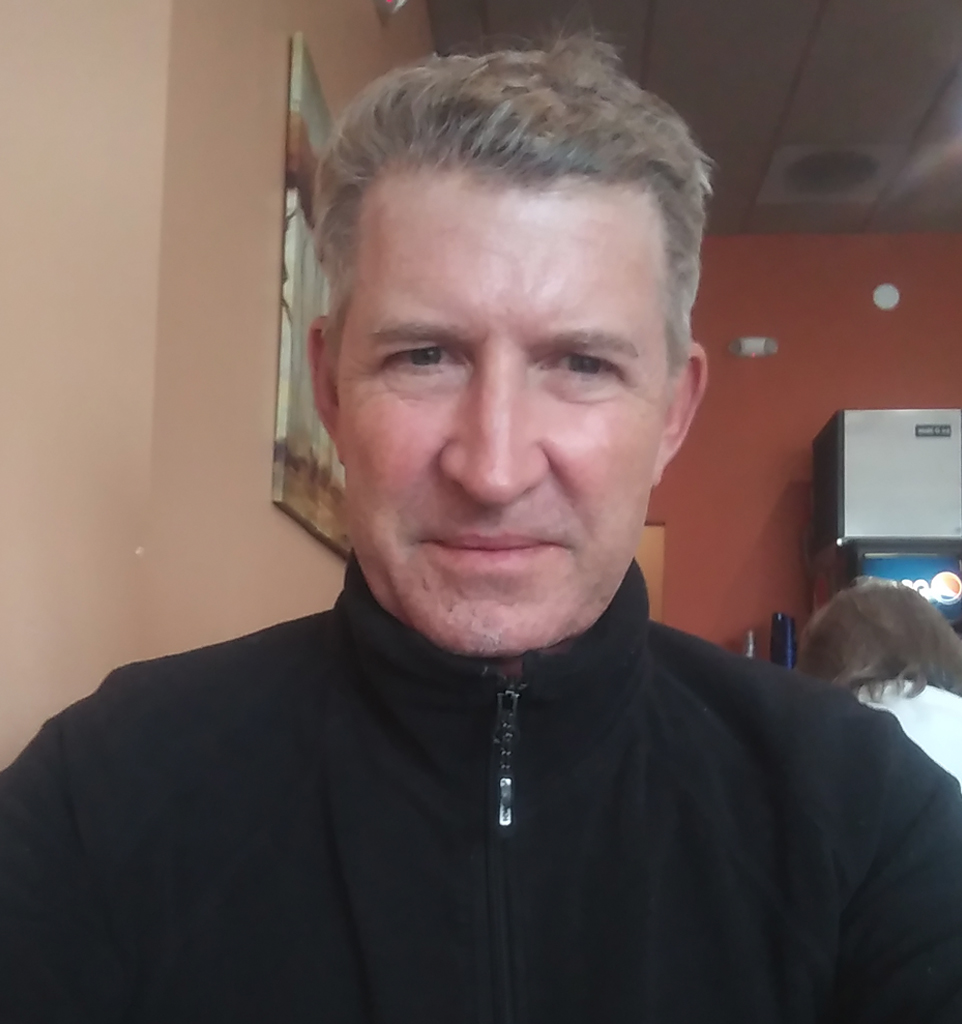By Ed Conley and Jim Chesnutt
We have a combined 50 years of experience responding to disasters. During our careers we have worked on more than 250 national emergencies, including Hurricane Katrina, the 9/11 Terrorist Attacks, Ebola and the Deepwater Horizon Oil Spill. Regardless of the size, scope or type of crisis, there’s a key lesson we have learned that applies in all situations: Lack of public trust damages the response and makes things worse.
Here’s how to fix that.
Stop obsessing on panic.
In a crisis mass panic is rare. So, trying to prevent it leads to misguided decisions.
Behavioral scientists who have studied the social response to life-threatening events say that among all the ways people react, panic is often the rarest. Don’t confuse fear with panic. And don’t assume people will panic the way it’s depicted in the movies. There is little historical evidence this has happened in the past. It is not happening now.
The range of reactions we’ve seen to the coronavirus outbreak runs the gamut from calmness to fear, from nonchalant to worried, from isolation anxiety to isolation humor. We see these same responses in every disaster. It’s inaccurate to say people are panicking.
Granted, there will be isolated individual cases of raw panic. But are we really seeing widespread mass panic and irrational behavior such as a storming of hospitals and test centers, frantic supermarket looting or large-scale migrations to perceived safe havens? No.

We need to stop labeling stock market sell-offs, long lines at stores and airports, and toilet paper hoarding as public panic.
Don’t fear the public’s fear. Fear is not the same thing as panic. According to sociology professor Lee Clarke, in his landmark 2002 crisis response study – “Panic: Myth or Reality?” – fear often motivates people to take reasonable actions. People evacuate from burning buildings and away from approaching hurricanes because they are afraid. Fear creates an environment where people crave advice and information and turn to trusted leaders and sources.
What we should fear is inexperienced crisis managers who tell their response team to make sure people don’t panic. If that’s the marching order expect it to backfire.
It’s a waste of time to focus on preventing panic when it’s unlikely to happen. But the real challenge is to resist the temptation to minimize or hide the consequences of the pandemic to reassure the public. If you do, things invariably get worse than what people were told to brace for, and you lose the public’s trust.
As good as our nation’s response capability is, and we believe it’s the best in the world, it’s fragile. Job one in crisis management is to retain public trust. Without that, there’s disbelief in official information, distrust of official instructions and disruption throughout the operation.
Talk straight and people will trust you. If they trust you, they’ll follow official instructions. Official instructions will help stem the consequences of the crisis. As professor Clarke said, “Don’t pacify. Inform.”
Robert Cicchetti / Shutterstock.com
Consider the public an asset, not a liability.
If in a crisis panic is rare, what’s common? We’d argue altruism, civility and cooperation.
To a large extent the public’s response to COVID-19 has been admirable. Despite some unnecessary hoarding, misdirected mask use and early resistance to social distancing instructions, most people are doing the right thing. It’s time to ask the public to do more. It’s time to maximize the use of our greatest national response resource – our people.
Former FEMA administrator Craig Fugate, who helped lead federal responses during floods, hurricanes and earthquakes, said it best, “In a crisis, the public is an asset not a liability.”
Communities that embrace this concept will respond the best and recover the fastest.
The most disaster-prepared communities have already initiated creative efforts to galvanize their citizens.

Some are enlisting volunteers to direct donations, distribute health information, and support wellness checks on the elderly and other vulnerable populations.
And across the nation, in disaster-ready households, someone is emerging as the voice of calm, reason and action. This person is organizing the family’s response. They may be developing a financial plan, doing wellness checks on those without an in-home support network, and bringing food, prescription medicine and other essential items to grandma.
This spontaneous emergence of personal leadership happens in every crisis. And it is happening now. Be that responder. The more you can do on your own the more it frees up emergency personnel to deal with people who need the most help.
"In a crisis, the public is an asset not a liability."
Tame the blame game.
Resist the temptation to lay blame. There will be plenty of time to dissect what went wrong later. Right now it undermines the response.
There’s a lot we don’t know about this crisis. We don’t know the length, the reach or total numbers of infected. We don’t know yet what the true impact of the economic disruption will be. An emergency of this magnitude requires an unparalleled commitment to interagency, intergovernmental and international cooperation, coordination and communication.
Public recrimination by elected leaders of other elected leaders does not solve problems. Rather it destroys the foundation of cooperation needed to solve them. Those who play the blame game risk appearing insecure and afraid of the crisis, telegraphing that the moment is too big for them. Whatever the motivation, the focus on blame needs to stop.
Name one leader from a previous disaster of any size or any world historical crisis who employed the blame game and inspired people to great things and who eventually became revered and admired for their leadership. We can’t think of one.
However, we can name many who rallied communities and nations during tough times by using public statements to motivate people, recognize accomplishments, set honest expectations, build consensus, embrace responsibility, talk about challenges ahead and foster teamwork.
This is not to say crisis leaders should avoid challenging assumptions, pointing out mistakes, allowing intense debate and listening to different opinions. All of that is essential to the internal crisis management process. The key word is internal. Public proclamation grenades about who should be blamed for the problem of the day are counter-productive.
To fix this, unleash the nation’s professional emergency communicators.
Emergency information officers and subject-matter experts at all levels of government, and within the private sector, have developed trust with the media. Emergency management, fire, police, hospitals, public health, school districts, to name a few, all have qualified leaders in their field more than capable of anticipating public information needs and explaining things clearly.

Furthermore, they have access to a wide range of high-tech tools (web, social media, reverse 911) and old-school resources (bulletin boards, leaflets, bull horns) to deliver clear, accurate and actionable information. News you can trust, news you can use.
Finally, they know how to work together under the Joint Information System to ensure the information is timely, accessible, coordinated and credible.
We need more from doctors, scientists, financial planners and other emergency information experts. Turn the professionals loose.
Unleash the professional communicators.
Public communication is a critical response resource.
In a crisis, information is just as important as food, water, medical care and shelter. In a public health crisis, its importance is magnified because so much of the disease can be mitigated by health instructions. But public communication needs to be managed. Every crisis follows a pattern of information void to information overload. We’re in overload now. “People talking without speaking. People hearing without listening,” as Simon and Garfunkel sang.
Many responding organizations are underfunded and underappreciated between disasters. And many of you are unfairly criticized while you are working the crisis. But you always show up when it matters most. You deserve our collective admiration and appreciation.
There also are many elected leaders who are showing their mettle and deserve our thanks.
In every disaster, leaders emerge, sometimes unexpectedly, who become emblematic of our shared experience and give us hope for the future.

Michael Rieger/FEMA
Thank our public servants and front-line responders.
A little acknowledgment provides a big dose of motivation.
Let’s thank our nation’s medical professionals, scientists, airport screeners and the people at CDC, FDA and DHS. Thank our state and community health workers, National Guard soldiers and emergency managers. Thank our local and tribal nurses, medical technicians, firefighters and police officers.
They make the crisis, as scary as it is, definable. They give us reason to listen, reason to trust. As John M. Berry described in his book on the 1918 flu pandemic, The Great Influenza: “A leader must make whatever horror exists concrete. Only then will people be able to break it apart.”
For whatever reason, our nation has always had a deep reservoir of exceptional leaders, seemingly ready to step up as if this crisis was made for them and they were made for this crisis. The coronavirus pandemic has it.
And we can say thanks for that too.

About Ed Conley
Ed Conley is a disaster response consultant and is writing a book on crisis leadership. His rich experience gives him an unmatched ability to think through the worst-case scenario and anticipate the way a crisis or emergency response will progress, the parties involved, the media inquiries, and what families and staff will need.

About Jim Chesnutt
Jim Chesnutt is co-founder of Nusura, Inc., an emergency management consultant firm. Jim's insight comes from his long career in strategic planning and emergency management and has played a crucial role in the responses to 9/11 and Hurricane Katrina.
